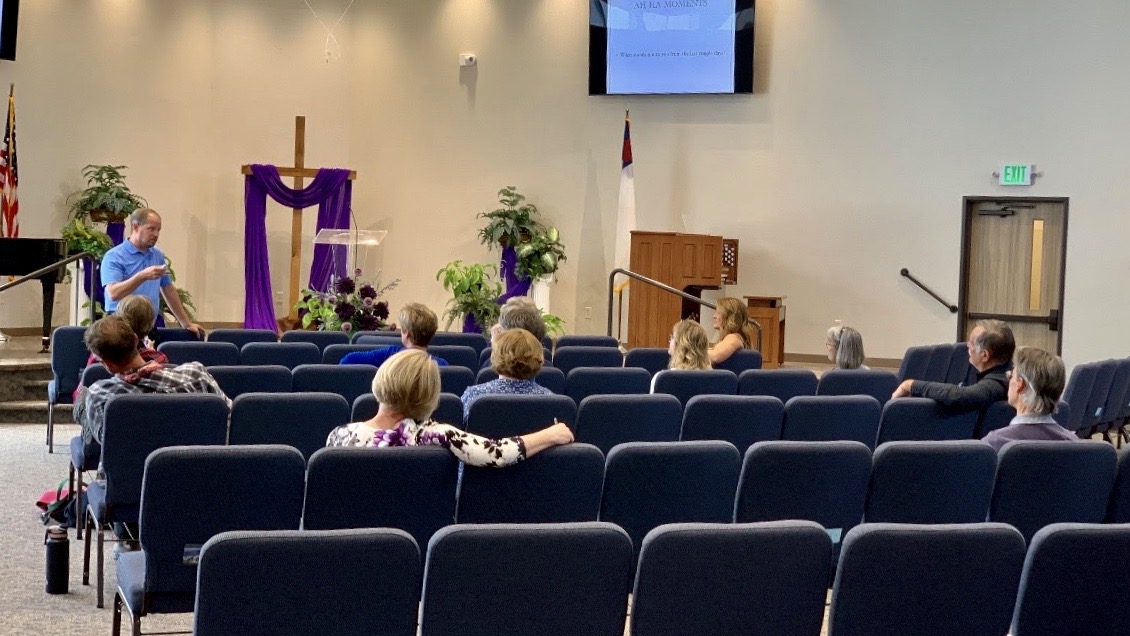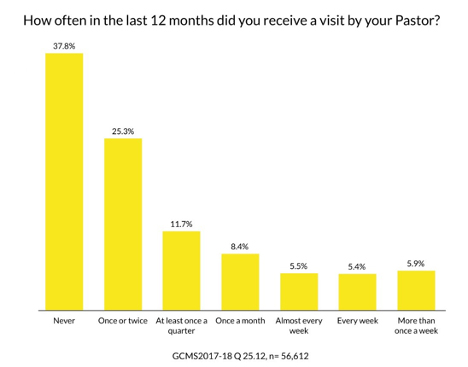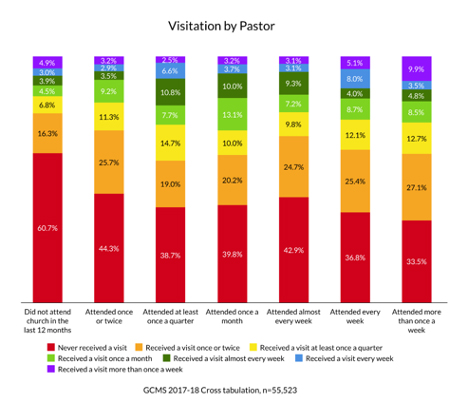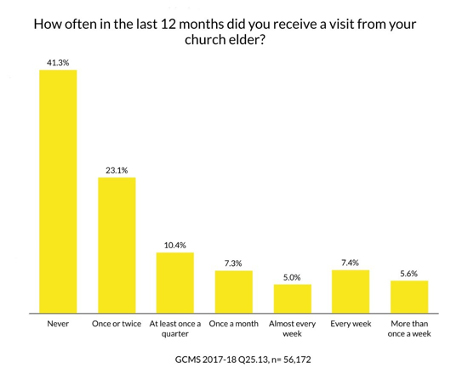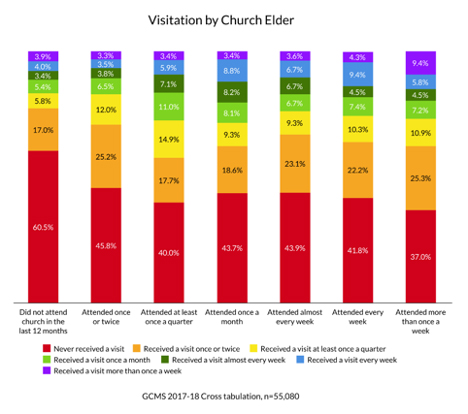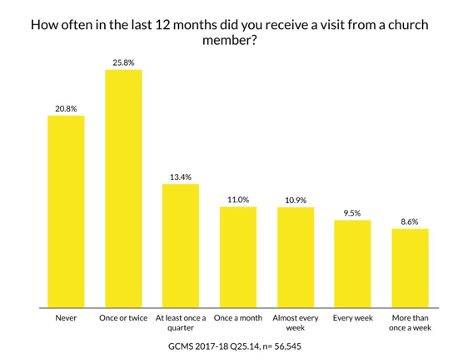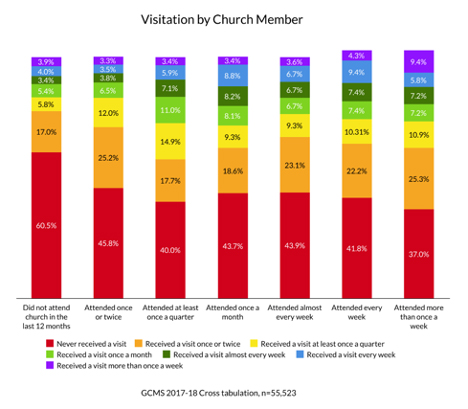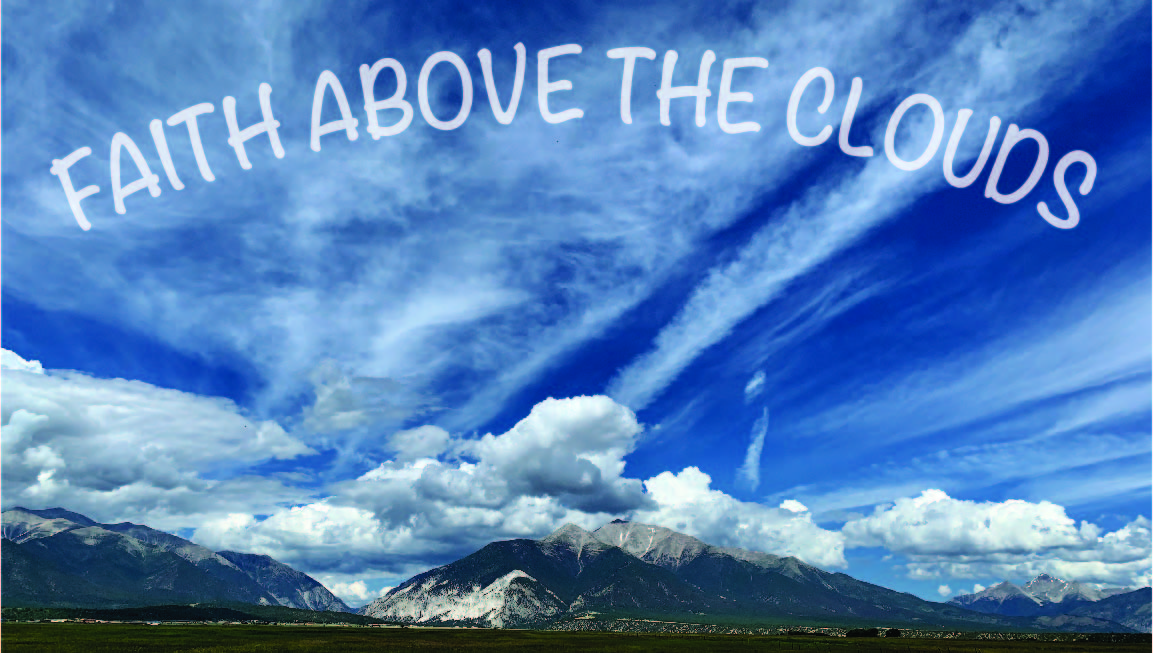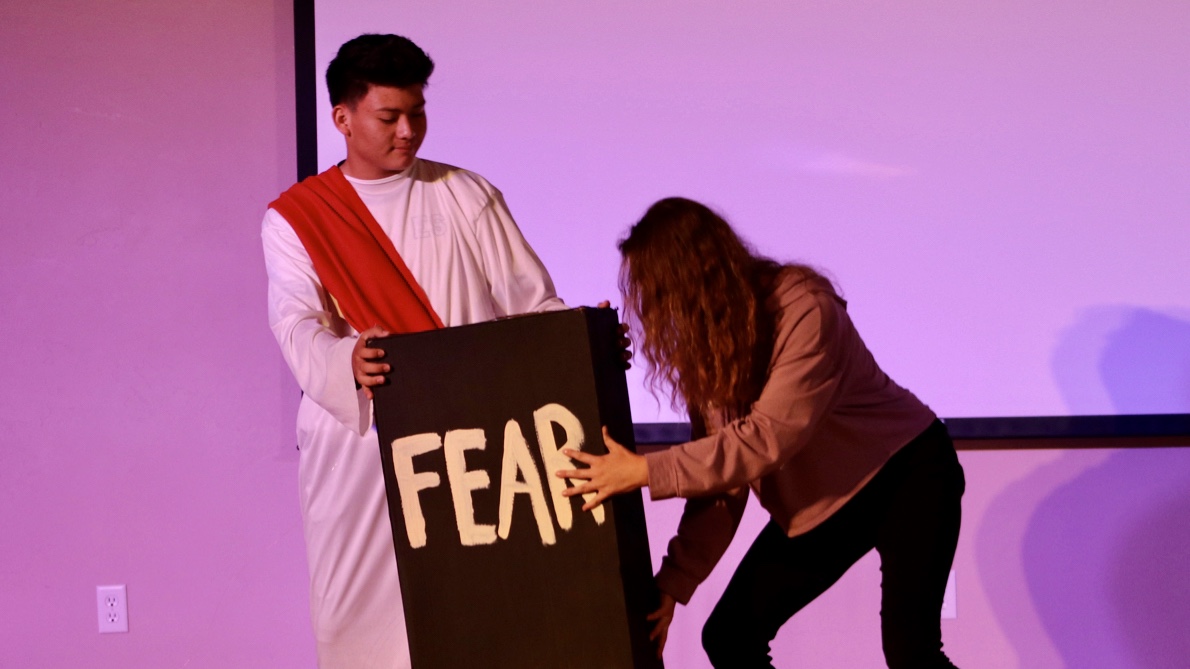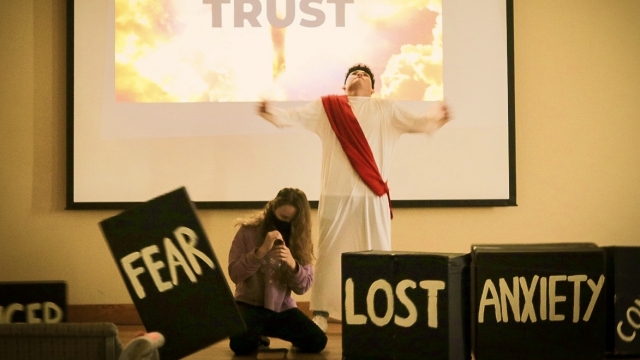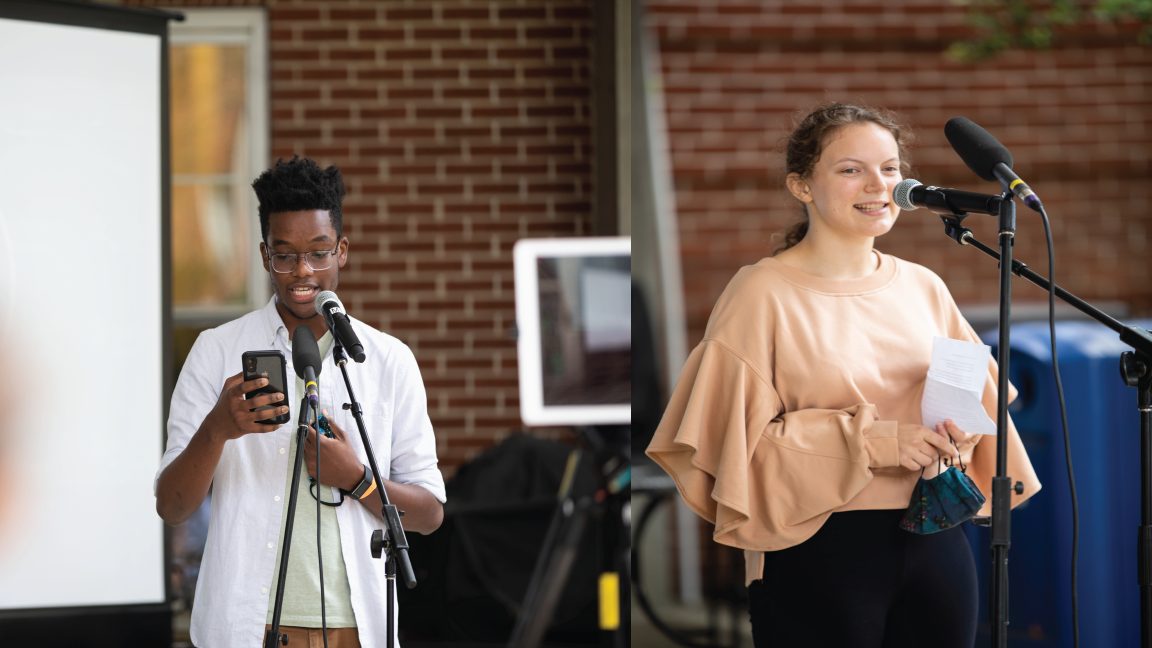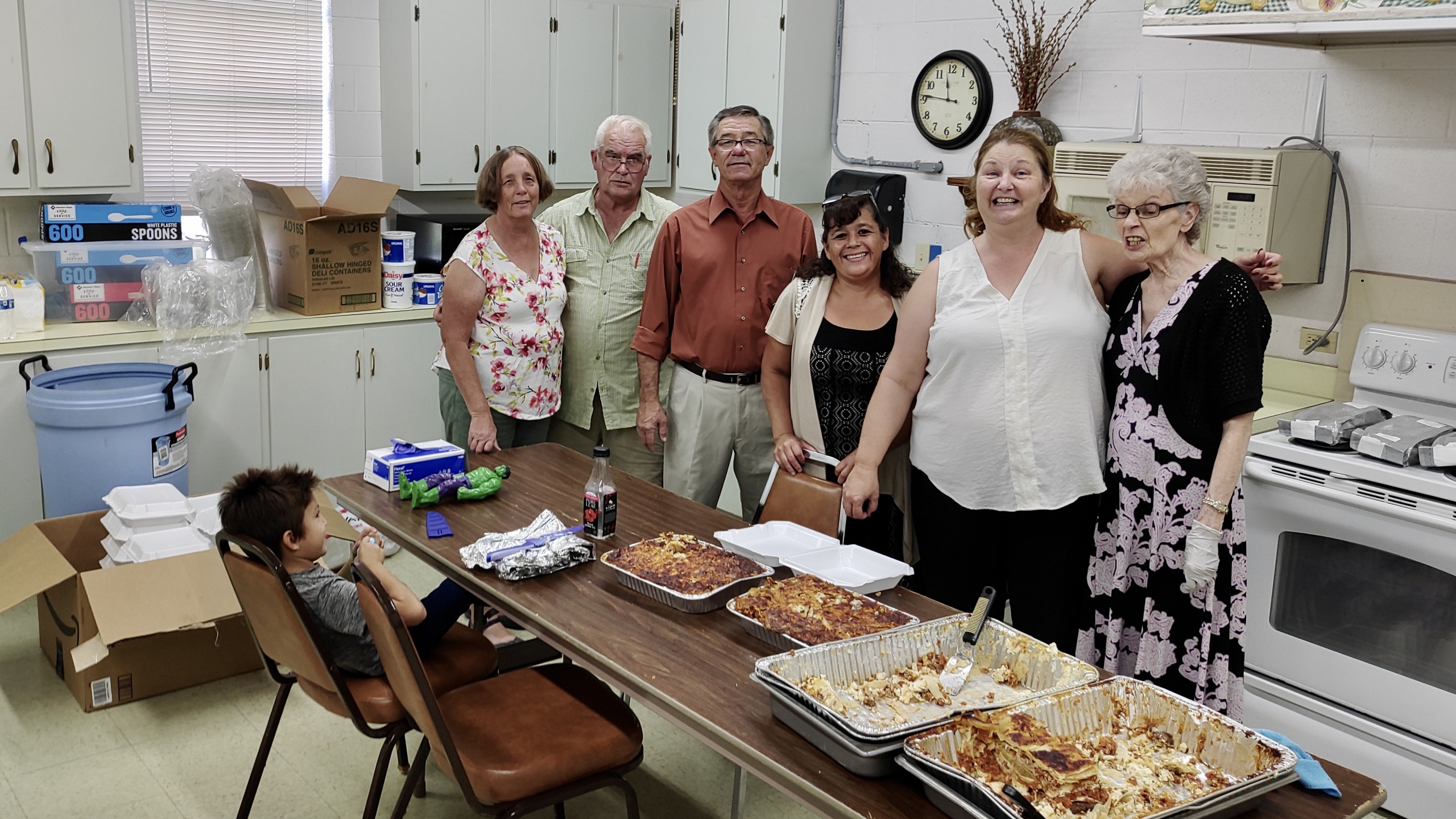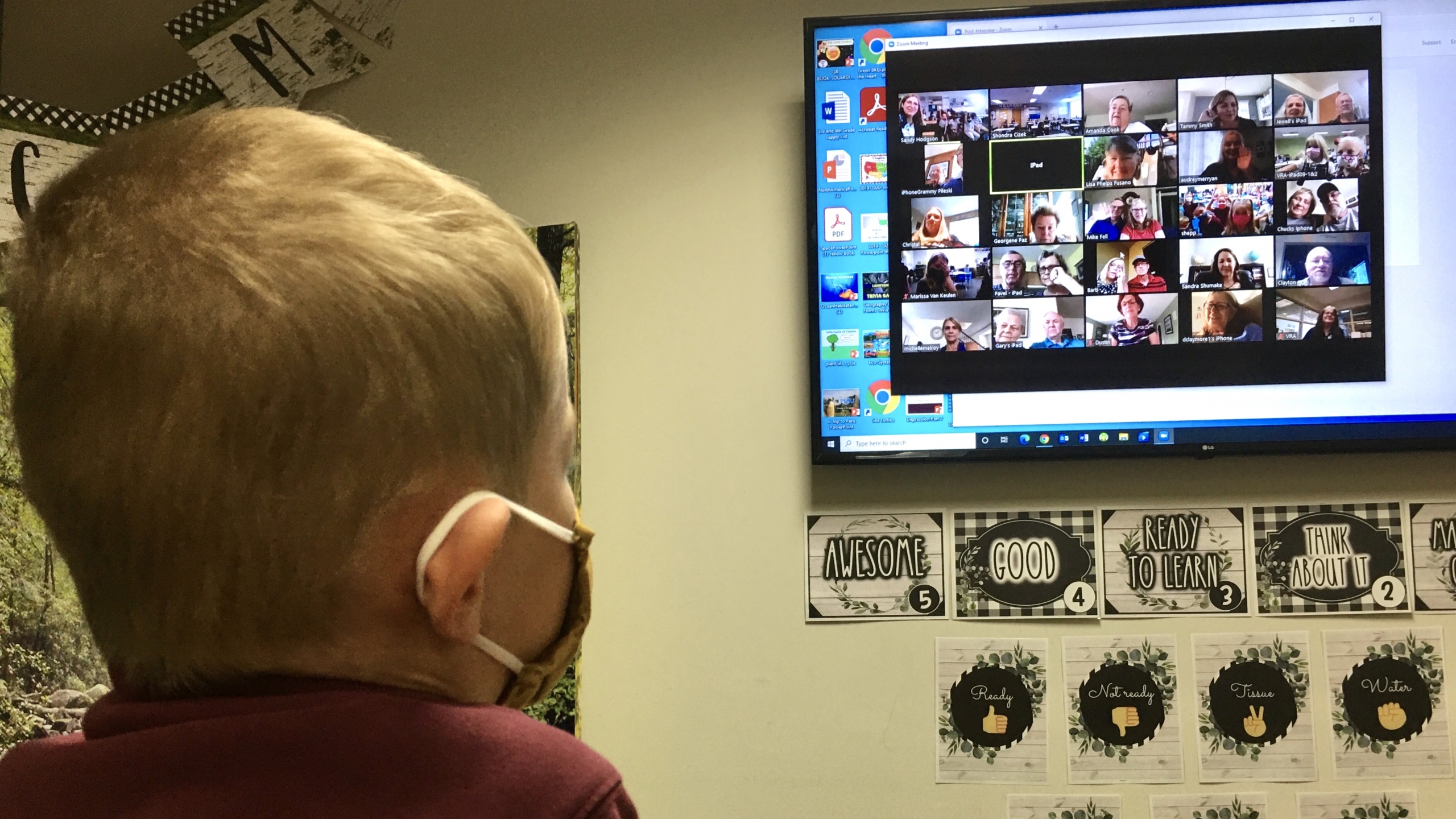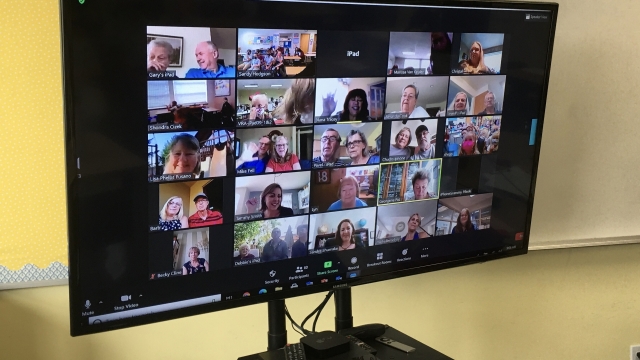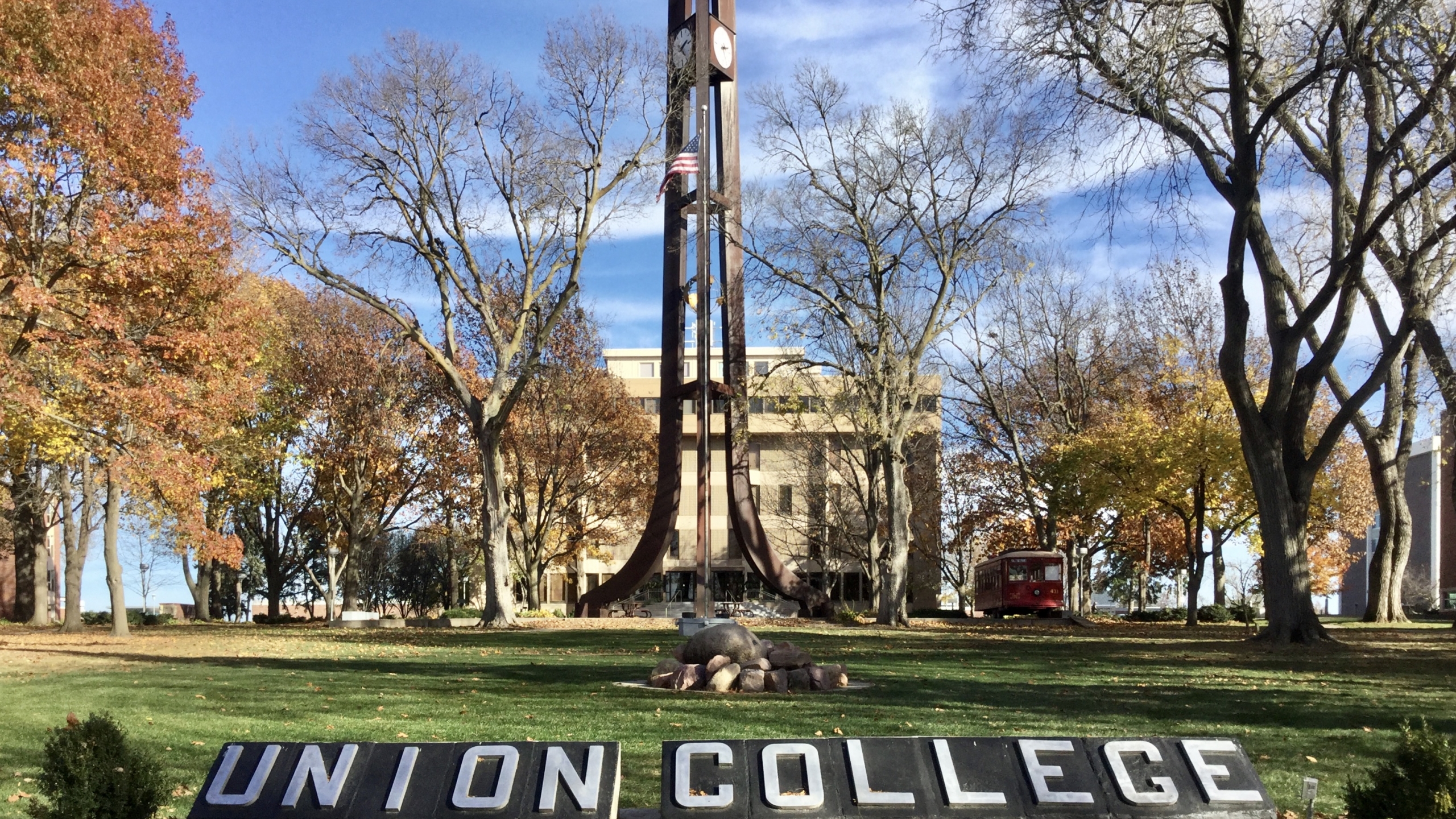***Editor’s Note: Southern Adventist University students participated in honoring Constitution Week by holding a spoken-word contest, September 22. Two poems are published with author’s permission.***
***Editor’s Note: The following poem won the grand prize***
They are thankful for the freedom of speech yet they do not want me to speak
Some will call this a “Post-racial” society.
This is a false narrative.
So I give you this simple imperative. Listen.
When I was young, I thought that my skin was disgusting
And if you had been there with me discussing what is attractive
You would have seen slavery’s impact is still in me
I found the darkness of my skin repulsive.
And while those with lighter tones were given strength in their bones
By tv shows that showed heroes who looked like them
Being told that they were owed everything in this world
It made them impulsive.
But they say that if I’m not doing anything wrong,
Things aren’t really that bleak
They are thankful for the freedom of speech yet they do not want me to speak
I was taught to fear.
My parents didn’t let me touch things in the store
Because they knew that no matter how nice our clothes
My skin would make people think I was poor
And thought whatever my fingers touched was no longer yours
But had been stolen by me.
But they say that if I’m not doing anything wrong,
Things aren’t really that bleak
They are thankful for the freedom of speech yet they do not want me to speak
I was taught to fear
“Sit over here” my parents told me one evening
I was young back then and just wanted apple juice
But all I got was the bitter truth
“TJ we need to talk to you about police”
See those with different skin tend to grow up thinking that the police are in service of them
But my parents told me to make myself appear thin and small
Because cops sometimes see us as muscular and tall, animalistic
So they taught me to withdraw
To say “Yes sir” and keep my hands where they could be seen
To talk slow, polite, and kind, so I could be seen as a human
But they say that if I’m not doing anything wrong,
Things aren’t really that bleak
They are thankful for the freedom of speech yet they do not want me to speak
I was taught to fear
That my friends, teachers, and peers might just be racist
That my friends would ask me to “Say this” and compare my voice to the black people on TV
That my teachers would gloss over the history of my people to talk about more inbred Western royalty
That my peers would touch my hair without asking, a scruffy stray dog they found in the street
Even the word microaggressions, minimizes the things you do in my vicinity
But they say that if I’m not doing anything wrong,
Things aren’t really that bleak
They are thankful for the freedom of speech, yet they do not want me to speak
I was taught to fear
When Kaepernick was shunned for speaking his truth
What does that teach a youth?
Because if a man can lose his job over a red, white, and blue symbol
Then why would I try to ever peaceably assemble
Cause even Keap and other famous people of color have enough money and a platform that nothing can hurt them
But I have always lived in the South
With family old enough to remember Jim Crow
So, when they say “post racial” because of what they think they know
I remember my grandpa’s story of his nice new yellow truck
In the prime of his life, in a stroke of luck
He managed to afford this vehicle but got rid of it when KKK members painted it red
But they say that if I’m not doing anything wrong,
Things aren’t really that bleak
They are thankful for the freedom of speech yet they do not want me to speak
I was taught to fear
My mom wanted to cry when I went to several protests early this year
She was worried about the money when I transferred to Tennessee
But also scared to hear my name on the phone
Scared to see my name become a hashtag
With only bones and reporters wondering if I was in a gang
Would that be my legacy
So when I got tear gassed and I couldn’t see
I wondered what they would say of me.
Would people from my past offer defense or attacks?
With my past picked apart
My mistakes on full blast, every good deed worthless because all they would smell is the trash
I blinked out the tears, fire on my eyes and skin
Vulnerable in the face of their riot gear
I was taught to fear
Sam Cooke ringing in my ear
But can I wait on change one more year
My eyes still burning, I am not welcome here
And I can see Bob Dylan asking
How many years can some people exist
Before they’re allowed to be free?
Through half-closed lids, I almost run into the street
Marvin Gaye asks me What’s Going On
And I don’t really know
But I know that I can’t operate with fear
Though shaking I exercise my freedom of speech right now
I know there is a cost to these words in my reputation
But that is a price I am willing to pay
–TJ Simmons is a junior Religious Education major at Southern Adventist University
***
From Sea to Spoken Sea
I see that there’s a place for you and me
A place from sea to shining sea
A place where we can be free
To believe what we want without fear or a thought
Of what could happen tomorrow if we share our own possibilities
Because it’s possible that through my own speech, I can change the course of history-
-has shown we must continue to speak to be free
And it’s hard to imagine a life without the ability to speak to one’s own family
My family, yeah, they’re so proud of me for using my voice to speak up about reality
Because life isn’t always easy even when you’re free
Free to speak up about what is tough, yeah, that’s a big responsibility
It’s all part of an exchange
It’s your choice to use your voice to make a difference and be brave
Some people fight with weapons other people fight with words, but we are equally protected by the second and the —
First time I understood what it meant to be free was when I met someone from a different country
No, they weren’t allowed to do so many things that I have always done and never viewed as a luxury
Which is the ability to share your thoughts on a policy and not worry about being killed
And I want to make it clear that this is more than a fear; this is a reality for people who didn’t live in this place like you and me
A place from sea to shining sea
A place where we can be free
–Christina Coston is a senior at Southern Adventist University studying Communication and International Studies with an emphasis in Spanish. She is also the copy editor for the Southern Accent and is editor for BizTech News
***

